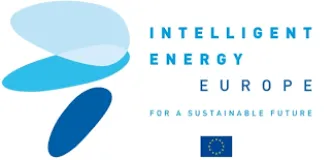HBE
Relevant project information
Dates
Project website
Role of CIRCE
Grant agreement number
Funded by

Description and objectives
The “Hogar Biomasa Emergente” (HBE) project arises from the interest of the company L.Solé, S.A. to develop a new combustion system specially designed to operate efficiently with biomasses from emerging markets (mainly Latin America, the Caribbean and Asia).
These biofuels present an enormous potential but also entail a series of technical problems during combustion as they often have a very variable moisture content, a very high fines content and/or a very high ash content and percentages of critical elements (K, Si, Cl, S, etc.).
Thus, the aim of this project is to investigate the properties of these “unconventional” fuels and their possible effects in terms of fouling and emissions, to develop a joint feed and hearth system specifically designed to burn them and, finally, to test these new products in a demonstration plant.
It is also worth noting that the new hearth can be integrated with different types of boilers, with thermal power ranging from 2 to 20 MW thermal, mainly for use in industry and/or large heating networks.
Value proposition
The main objective of this project is the development of a new combustion hearth specifically designed for “non-conventional” biofuels, with high potential in emerging markets, as well as in Spain and the rest of Europe. In order to achieve this main objective, the following specific objectives will be pursued:
- Design, build and test a laboratory reactor to characterize the combustion of these “unconventional” biomasses.
- To develop a feeding system to the hearth that allows the distribution of biofuels when they have a high content of fines and/or a reduced granulometry.
- To design a new furnace for the combustion of non-conventional resources with high combustion efficiency, pursuing very low emissions and high operating reliability.
- Optimize the fluid dynamics in the new hearth by means of experimentally validated CFD simulations.
- To test the products of the project in a demonstration plant.
Project partners
CIRCE, SOLÉ.


